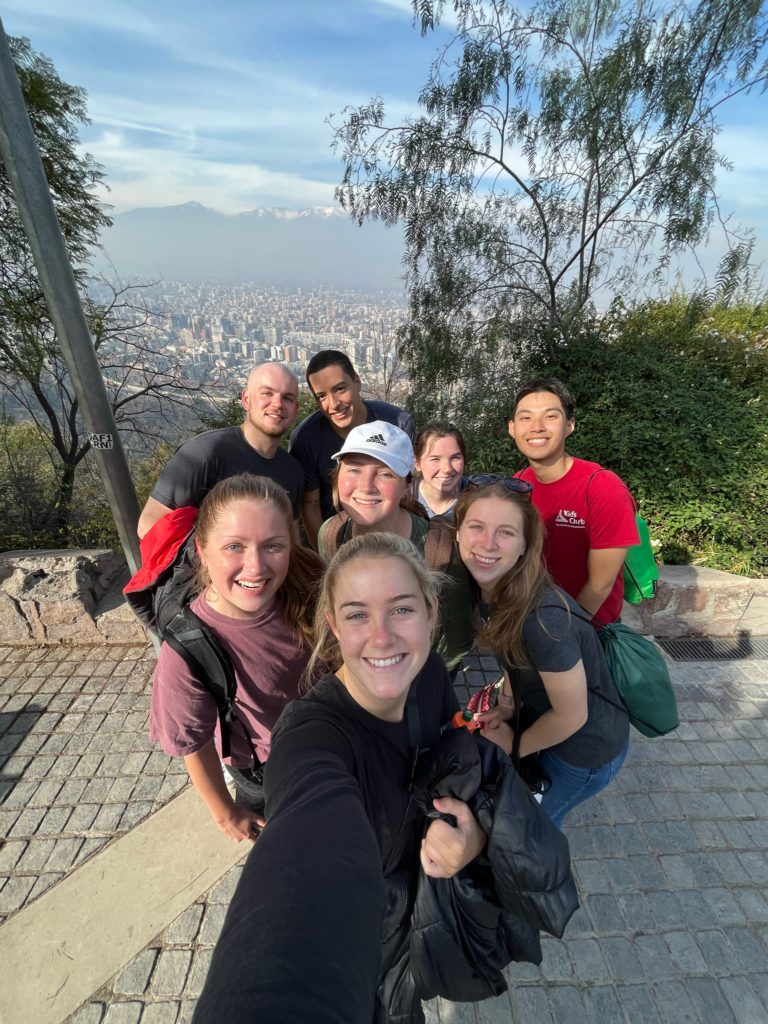Studying a foreign language is already challenging. So why not add regional dialects to the mix? Chilean Spanish is considered one of the fastest, if not the fastest, dialects. Many Chileans joke that this makes their Spanish one of the worse ones as a lot of endings get swallowed due to the speed of the language, such as “s” sounds at the end of words. E.g. “los niños” is heard as “lo’ niño’”. Pronunciation also varies throughout the country of Chile as well, differing between Santiago, other cities in Chile, and the villages and rural areas. It can also vary by social class; for example, the “ch” sound is often pronounced as “tsch” by the upper class which, by many, is viewed negatively as “posh”. Chile, like some other South American countries such as Argentina, utilizes the second-person singular pronoun “vos”, also adding an extra challenge to Spanish grammar.
Slang and colloquialisms are commonly used in Chilean Spanish. I’ll focus on slang more than colloquialisms because a lot of the slang used is unique to Chile specifically whereas many Chilean colloquialisms are also used in other South American countries. I list some of the most common ones here, in order from most to least widely used (although they are all very widely used, so the order is relative).
- ¿Cachais?: The “vos” form of the verb cachar; translates directly to “You catch?”. The slang is used to mean “You know?” or “You get me?”. In casual conversation, many people use it at the end of nearly every phrase. Widely used, even by those in their 50s+. As expected, the “s” sound at the end is often not pronounced.
- Bacán: Cool, ok. Often a reply to ¿cachais?. It is similar in use in terms of age groups using it, but perhaps a bit more by the younger generations.
- Sipo/nopo: Yes/no. The po ending comes from “pues”, meaning “so” or, more closely in translation in this context, “of course”. Similar in use to ¿cachais? and bacán, if not more simply because of how many yes/no questions one can ask.
- Fome: Lame, boring. Mostly used by the younger generations, especially university students, but most Chileans know what it means.
- Seco/seca: Used to describe someone that is very good at something. Similar to fome in usage.

The first three are nearly impossible to escape in Chile, which is why I try to use these. There are ways to say all of these things in “clean” Spanish but you will blend in much easier if you use these instead of rephrasing. During my stay in Chile, I will be traveling to Villarrica, Valparaiso, La Serena, and Valle de Elqui, and I’m curious to learn about the regional linguistic quirks that make Chilean Spanish unique even within the country.